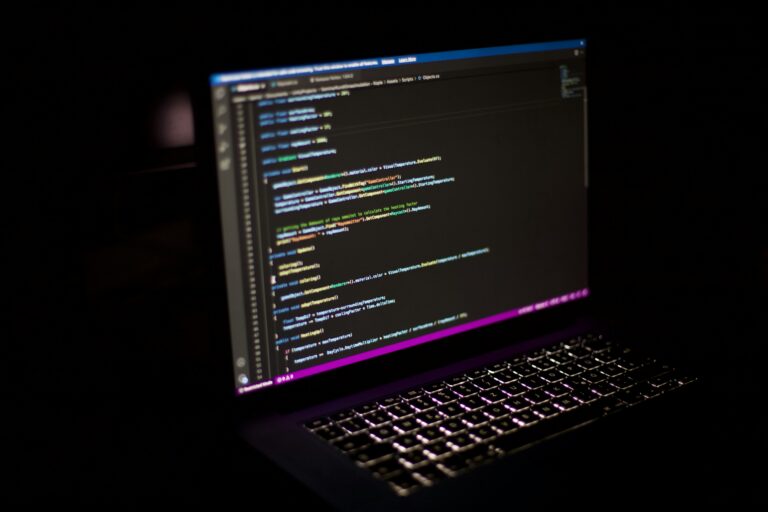The metaverse, a term coined by sci-fi writer Neal Stephenson in his novel “Snow Crash,” refers to a virtual universe where people can interact with each other and digital objects in a shared space. While the concept of a metaverse has been around for decades, recent advancements in technology have made it closer to reality.
As companies like Facebook, Google, and Microsoft invest in developing virtual reality (VR) and augmented reality (AR) technologies, the metaverse is no longer a distant dream but a potential reality that could have far-reaching social and cultural implications. But how does this simple term from a novel – and now a global hit – affect everyone socially and culturally?
The Metaverse Promise
At its core, the metaverse promises to transform the way we interact with each other and the world around us. It could offer new opportunities for socialization, entertainment, and even work. People could attend virtual concerts, play games with friends from all over the world, and collaborate with colleagues in a virtual office. However, the metaverse also raises a number of ethical and societal questions that must be addressed.
One of the biggest concerns about the metaverse is the potential for it to exacerbate existing inequalities. For example, people with access to high-quality VR and AR technology would have an advantage over those without access, leading to a digital divide. Additionally, the metaverse could reinforce existing power structures, with certain groups dominating the virtual world as they do in the physical world.
Virtual Security at Risk
Another issue is privacy. As people spend more time in virtual spaces, the lines between the real and virtual world would blur. This raises questions about how personal data will be collected, stored, and used in the metaverse. Companies could use this data to create targeted advertising or even manipulate people’s behavior, raising concerns about digital surveillance.
The metaverse could also have significant cultural implications. As people interact with each other in virtual spaces, they may develop new social norms and cultural practices. For example, they may create their own forms of art, music, and fashion that are specific to the metaverse. This could lead to a new type of digital culture that is distinct from physical culture.
New World, New You?
Culturally, the Metaverse has the potential to create new forms of identity and community. In the virtual world, people will be able to create avatars that can represent themselves in ways that may not be possible in the physical world. This could lead to the creation of new forms of identity that are not tied to traditional markers such as race, gender, or nationality. Similarly, the Metaverse could allow people to form communities based on shared interests or experiences that are not geographically bound.
However, there are also cultural risks associated with the Metaverse. One of the most significant is the potential for it to lead to a loss of physical and social contact. As people spend more time in the virtual world, they may become increasingly isolated from their physical communities, leading to a loss of social cohesion and the breakdown of traditional social structures.
Another cultural risk associated with the Metaverse is the potential for it to further commodify human experience. If the Metaverse becomes a platform for advertising and commercialization, it could lead to a situation where every aspect of human experience is monetized and commodified. This could have a significant impact on our understanding of what it means to be human.
There’s no doubt that the metaverse is a simple concept that promises to transform the way we interact with each other and the world around us. However, it also raises a number of ethical and societal questions that must be addressed. As we move closer to realizing the metaverse, it is important to consider how it will impact society and culture, and to take steps to ensure that it is developed in a way that is equitable and respects individuals’ rights and privacy.
What are your thoughts with the metaverse and its societal or cultural impacts? Share them now on our social media pages (Facebook, Instagram, LinkedIn, and Twitter). Don’t forget to follow us to get updates on the latest technology news today!



